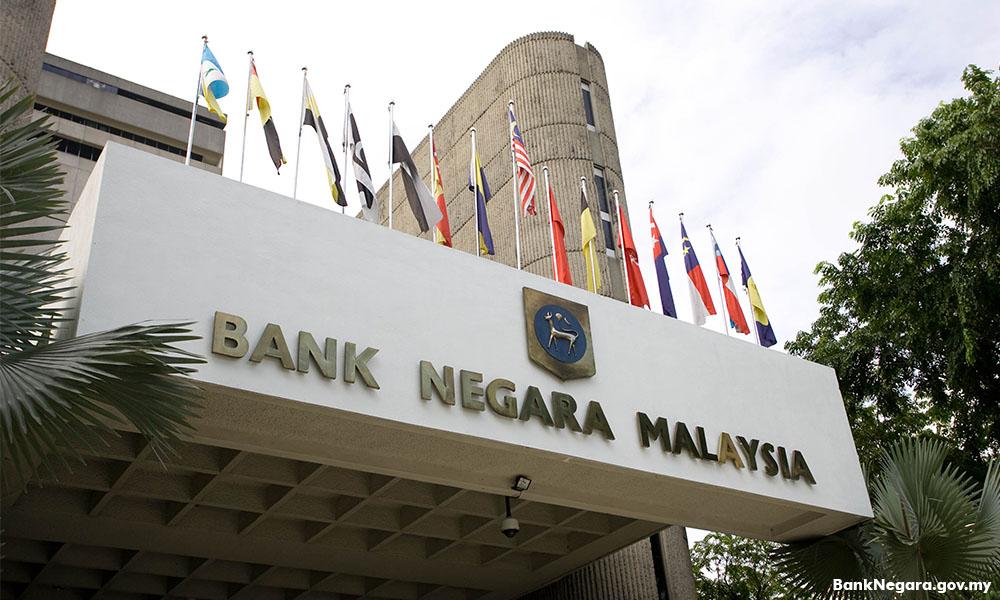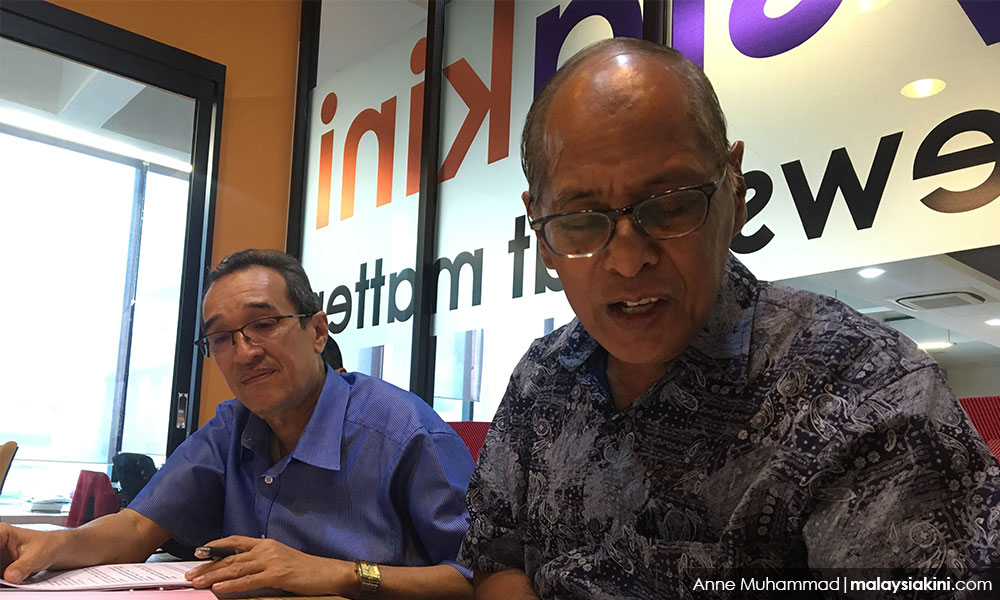Amanah Ikhtiar Malaysia (AIM) has long received international recognition for helping to uplift poor communities through microloans, but a plan that would fundamentally change its structure has put a spotlight on the trust that in recent years became involved in controversies.
AIM is a private trust but has received strong government support since its inception in 1987, with RM857.97 million in government loans channelled to it.
A representative from the Rural and Regional Development Ministry also sits on the board as an ex-officio member.
Malaysiakini learned early this month that the AIM board had convened to discuss converting the trust into a company.
Sources privy to the board discussion told Malaysiakini that the justification given was that AIM needed to repay its large debt to the government, with around RM600 million still outstanding, or risk a government takeover.
The proposed solution was to rope in Ace Group, a private conglomerate that, among others, offers a wide array of financial services with involvement in property, investments and entertainment.
It was suggested that Ace Group would help pay off AIM's RM600 million debt with the government. In exchange, it will be offered equity in AIM once it has been converted into a company.
However, the nature of equity ownership was not made clear during the meeting.
AIM chairperson Lajim Ukin, when contacted, confirmed talks with Ace Group were going on, but no concrete decision had been made.

Lajim also stressed that whatever the outcome, AIM would not stray from its objective of providing microloans for poor communities.
Why involve a private firm?
However, AIM insiders who spoke to Malaysiakini questioned the need to rope in commercial interests.
"Why now? AIM has been operating for 34 years now, and the government has never asked for AIM to pay off its loans in one go.
"And if this is true, why would AIM choose a private company to pay off its debts rather than let the government take over?" said one of the sources, who is concerned about how the changes would affect AIM borrowers in future.
Sources privy to the Feb 2 board meeting said the members were informed that Minister in the Prime Minister's Department Takiyuddin Hassan and Ace Group representatives had "agreed in principle" to the plan after a meeting together with Lajim.
Multiple attempts to get confirmation from Takiyuddin went unanswered.
To date, AIM has only repaid RM214.87 million out of RM857.97 million in loans it had received from the government.
Ace Group chairperson Ahmad Fuzi Abdul Razak, when contacted about the proposed debt settlement and equity plan, declined to divulge details at this juncture.
"It is an ongoing thing. I will get someone to get in touch with you later," he told Malaysiakini.
Lajim: Other firms have also made offers
Speaking to Malaysiakini, Lajim said Ace Group was not the only company involved, and other firms have also made offers.
"All these statements are not true. I want to deny them. There is no decision made to privatise AIM.
"There have been several proposals received from several parties to cooperate with AIM. However, we still hold onto the original objectives of AIM's formation, which is to help the poor to get easy microcredits," he said.
Lajim also denied that the government was recalling AIM's loan, although AIM insiders told Malaysiakini that debt repayment was the basis on which the proposal was made during the board meeting.
No other companies apart from Ace Group were mentioned during the meeting, the insiders added.

Instead, Lajim said AIM was seeking a joint-venture partner to become a digital bank licensed by Bank Negara.
"But we do not have enough capital. The central bank puts a condition that we must have at least RM2 billion.
"There are only six digital banks that have been approved by Bank Negara. If we get to do this, we will bring the private sector to be together with our digital bank.
"There is not a takeover (by the private sector)," the Bersatu politician told Malaysiakini.
"Even if AIM has a joint-venture, they (the partnering company) would go into another business. The microcredit schemes would not be taken over by anyone," Lajim added.
This is not AIM's first brush with commercial interests.
AIM's anti-poverty goals
In 2018, it was revealed that AIM had set up four companies, of which some of the shareholders were also board members of the trust.
It went against AIM's trust deed as its tax-exempt status does not allow it to engage in commercial activities.
The Pakatan Harapan government at the time said it could cancel AIM's registration as a result of its actions, but AIM later said the registration cancellation was in reference to its subsidiaries.
However, if AIM becomes a company, it will be able to engage in commercial activities without obstruction.

In 2019, AIM founder Sukor Kasim lamented that the trust had strayed from its objective.
Sukor noted that apart from engaging in commercial activities, AIM had also paid bonuses to the board members, which was also in contravention of the trust deed.
AIM was formed in September 1987 following the success of Projek Ikhtiar, an initiative spearheaded by two researchers at Universiti Sains Malaysia's Policy Research Centre - Sukor and David Gibbons.
The research project, which ran from 1986 to 1987 to gauge the viability of microcredits as a means to provide economic opportunities for rural communities, turned out to be a success.
The research was inspired by Grameen Bank's microcredit schemes in Bangladesh, which helped eradicate poverty.
Following the research project's success, Malaysia sought to emulate a similar model by setting up AIM to provide microcredit schemes with loans from the government.
It had three objectives: Lowering the poverty rate among poor and low-income households by providing microcredits to fund activities that can generate income; provide financial facilities, training and coaching to entrepreneurs from poor families; and to create entrepreneurs among poor and low-income families.
The trust body has helped a total 939,754 borrowers in three decades of its operation, with the number of beneficiaries estimated at over 3.75 million people.
To date, it still has some 400,000 clients who are referred to as "Sahabat AIM". It has a particular focus on women from poor backgrounds.
However, in recent years, AIM has gained attention due to controversies.
The most recent was a complaint on Tuesday that it had failed to pass on RM146,000 in union fees to Kesatuan Pekerja-Pekerja Amanah Ikhtiar Malaysia Semenanjung Malaysia for 10 months.
This was despite deducting the union fees from members' salaries.
However, Lajim claimed AIM was prepared to channel the RM146,000 to the union, but it had refused to negotiate and instead lodged a police report. - Mkini




No comments:
Post a Comment
Note: Only a member of this blog may post a comment.